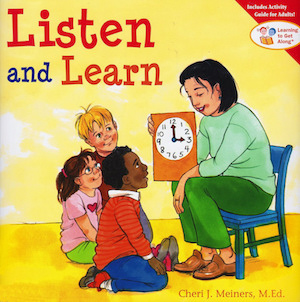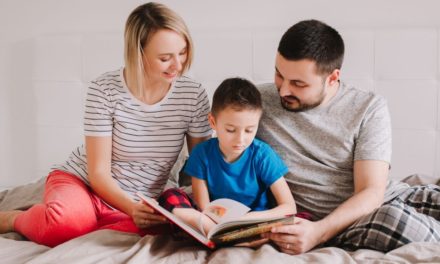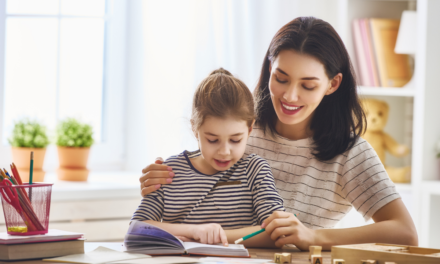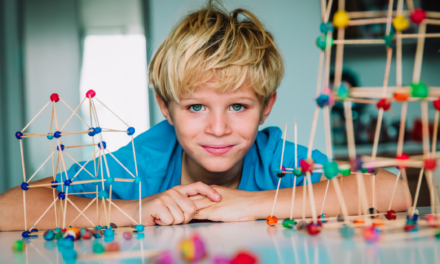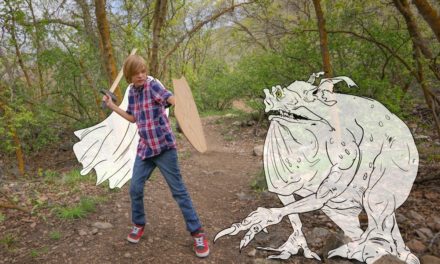
4 Secrets of Kids who are Great Listeners!!

Right from the time kids are born the very first thing they do is listen. They listen to their mother’s voice, they listen to the sounds around them. In fact, the most natural thing for a baby to do is to listen. And note that they listen and not just hear. When they are listening they are comprehending, understanding and making sense of what is going around them. Further more when parents play with their babies, these little ones are giving their 100% attention to what is been spoken, do notice the eye contact that is made by babies, notice the way they respond to their parent’s voice. But actually these skills are mastered way before they are born, while they are still in the womb. It is thats why singing lullabies is recommended while the baby is still in the womb.
Furthermore, even if listening skills can be developed since birth or even pre-birth, children by nature are curious and will be all ears when we as parents and teachers talk to them and listen to them when they talk.
So what are the secrets of kids who are great listeners?
Secret No. 1
Parents are great listeners themselves.

The key is to become a great listener as a parent and give uninterrupted full attention when children speak. The point here is to not deny their feelings when they talk. Accept their feelings and respond to their emotions of anger, sadness, joy, boredom with the same way as you would when an adult speaks to you. When an adult talks about their own emotions another adult would generally respond with a …mmm…I see…. ok…. etc. Use the same approach when listening to kids. It is suggested by Adele Faber and Elaine Mazlish in their book “How to Talk so Kids Will Listen and Listen so Kids Will Talk “ that sometimes even a sympathetic silence while listening is all that children want. When the child is interrupted in his speech with advise or questions even before he had finished his chain of thoughts, it hampers their ability to think through clearly with a particular situation. For example, if he or she is narrating an incident that happened to him at school and as a parent, you start advising and blaming even before he has finished talking, you have not just taken away a golden opportunity in demonstrating great listening skills but also an opportunity for the child to think through with the situation from his point of view. When the child is given an opportunity often enough where he listens to his own thoughts while he expresses them to you, he is slowing getting trained not just in trusting his feelings but it is also making him a confident child and in the process becoming a good listener himself.
Secret No. 2
Read. Read. Read to young kids.

The key is to make these reading sessions interactive. Parents can ask questions, give opinions and encourage the child to retell the story or make predictions on what may happen next in the story. It may be a great idea to introduce new vocabulary beforehand if possible so that it helps the child to listen and comprehend better when listening to the story. Listening to a book increases the child’s attention span. This is unlike watching movies, where the child requires to pay more attention since the way ideas and plots unfold in a book, are slower than the way they do in movies. This further improves their listening skills as well as the ability to empathise and rationalise with characters in the story and in return in real life the child is more empathetic when he is been spoken too and hence becomes a better listener. Parents cuddling up for nightly book reads not helps in listening, comprehension and vocabulary but a great habit for parent-child bonding. This should not stop even when the child turns a teenager.
Secret No. 3
Show a deep interest in the child’s interest.

When parents figure out that the child is interested in a particular area they let him explore the area of interest by reading books together on his topic of interest. This will help in having discussions, drawing narrations and conclusions together. Better yet do a hands-on activity together and further listening and cooperation skills. Let’s say the child is fascinated by butterflies then doing research together on caterpillars or better yet building a caterpillar home and raising butterflies together will get the child involved and he would look forward to listening to his parent. When the child sees that his parent is as involved as him and as interested as him in a particular topic, this gives him enough confidence to pursue his desire but at the foremost, he trusts and listens to the parent.
Secret No. 4
Empower the child with the habit of expectations
The action takes place only if it has come to the mind as a thought. We cannot do an action without either a conscious or a subconscious thought about it. Similarly, with kids, expectations are formed by the way of routines and habits. One of the most challenging thing for any parent today would be obedience from their children. It is a process that first starts with the skill of listening. When children are been told what is expected of them and a subtle effort is made on a regular basis to ingrain this habit, it translates to long term effect of being obedient to parents. Of course showering the child with love and hugs and words of appreciation will strengthen his will to being obedient to his parents.
These are just a few of the ways to help train our children to become good listeners. In reality, the art of being a good listener is actually a test of patience. We are slowly developing our child to becoming a more patient and approachable adult by helping him form the habit of listening.
Here are some books to read to kids where they can relate to the idea of being a good listener :
I Have a Little Problem, Said the Bear by Heinz Janisch
A lovely story of a bear who has a problem but animals don’t listen to his story long enough and start offering solutions midway. A beautiful way to in which kids can relate to the bear in regards to their own frustration of not being heard by parents and parents and explain what it feels like when kids don’t listen.
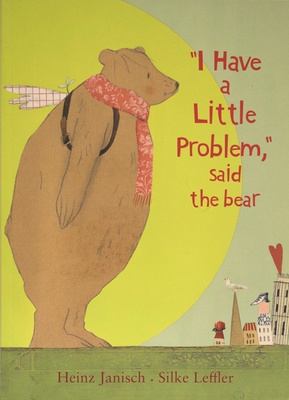
Listen Buddy by Helen Lester
Buddy has big bunny ears but does not listen. He keeps misunderstanding his parents requests until he finally learns to listen just in time.
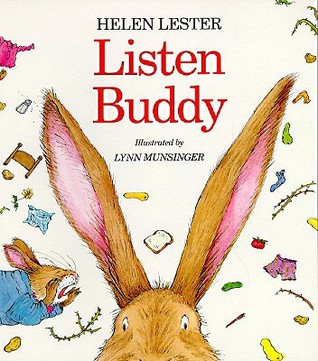
My Mouth is a Volcano! by Julia Cook
My Mouth Is A Volcano takes an empathetic approach to the habit of interrupting and teaches children a witty technique to hold on and to capture their rambunctious thoughts and words for expression at an appropriate time.

Why Should I Listen? by Claire Llewellyn
Kids may sometimes get carried away with the moment of excitement and in the process may forget to listen to parents. This crucial habit of listening may save them from a mistake or avoidable accident. Kids and parents can relate to the story in an entertaining way.
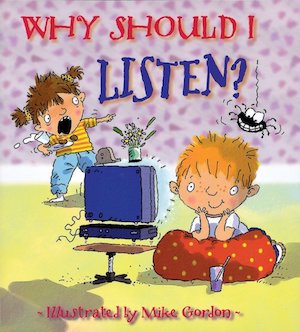
Listen and Learn by Cheri J Meiners
In order to get along with others the most important skill is the skill of listening. When at school good listening skills will help in learning and participating. It is a lovely colourful book to introduce the art of listening to a pre-schooler.
